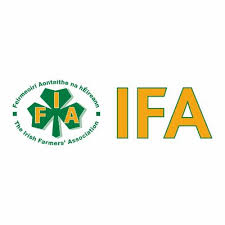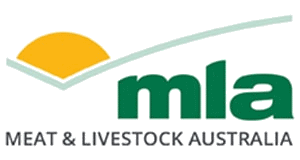Poland Seeks Greater Access to Chinese Market for Meat Products
Poland’s President Andrzej Duda has expressed a strong desire to open the Chinese market further for Polish meat products. Before departing for China on Saturday, Duda highlighted the importance of this initiative, particularly for Polish poultry and beef.
During his five-day official visit, President Duda will meet with China’s President Xi Jinping and Premier Li Qiang. He will also address economic forums in Dalian and Shanghai and present decorations at the Polish embassy. The visit aims to strengthen economic ties between the two countries, with several economic agreements expected to be signed.
Duda emphasised that the most crucial aspect of the visit is the ongoing efforts to secure a successful opening of the Chinese market for Polish poultry, followed by beef. He also mentioned that discussions with President Jinping would focus on increasing Chinese investment in Poland and addressing the need for new transport routes. The current import and export of goods from China are being hampered by the war in Ukraine and the migration crisis on the Polish-Belarusian border.
The president’s visit underscores Poland’s commitment to enhancing its trade relationship with China and ensuring long-term growth and stability for its meat industry.

